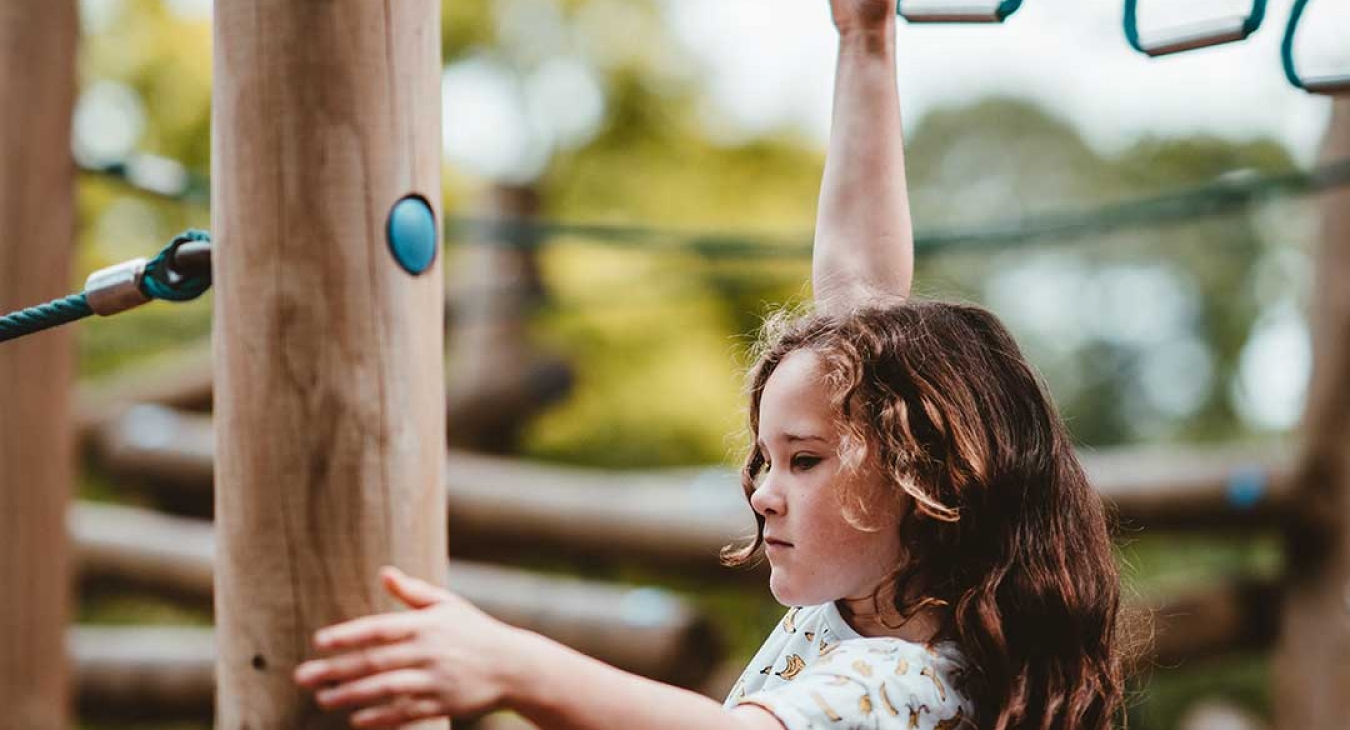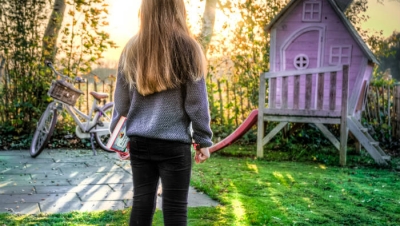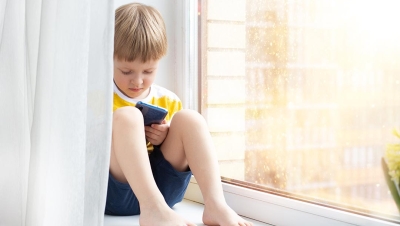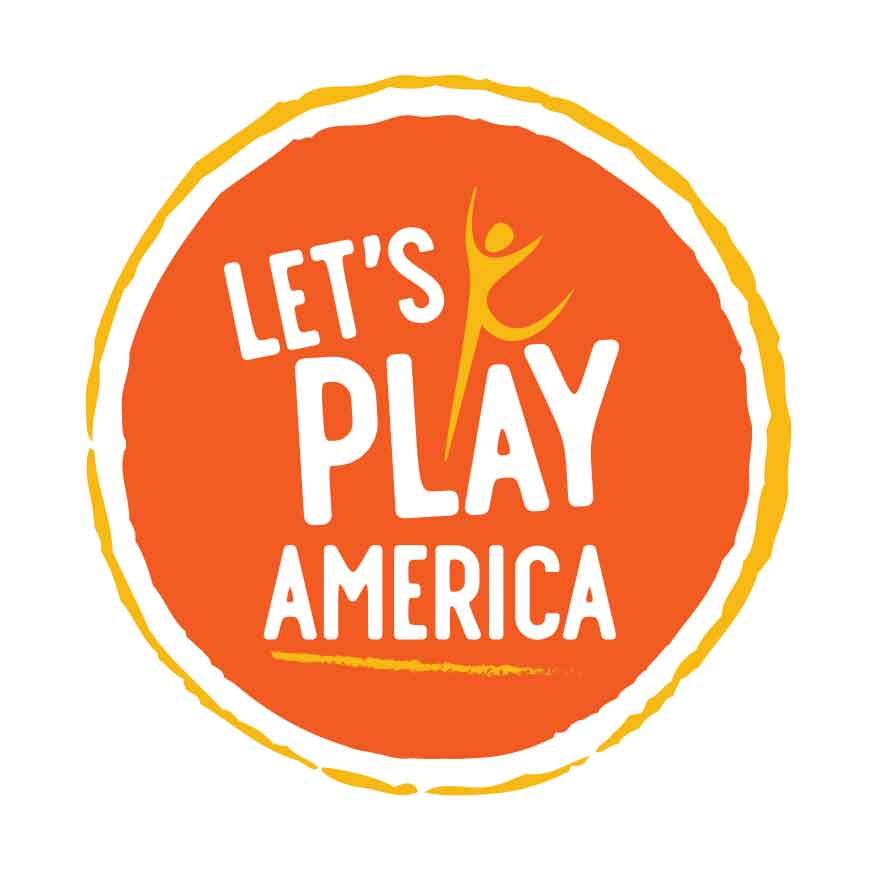Help Your Child Be More Social
Only a few things can be more disappointing than watching your child struggle to make friends or have a hard time fitting in.
Developing social skills can be a critical factor for children to make relationships and interact with the world around them.
Teaching your little kid to be a social human and communicate effectively is a big task for parents. Yet there are numerous papers written by a professional essay writer that can help improve your child's social skills. Meanwhile, check the following five ways on how to get your offspring motivated to make new acquaintances and become a truly social child:
-
Know Your Child's Interest
According to multiple studies, children are more likely to interact, pay attention, and learn when adults encourage them to participate in activities that are based on their interests. Whether it's joining a club, taking a favorite course, or participating in a sports activity they like, this is the first step toward building communicative skills.
To know your child's interests, you should spend time with them during the day so that you can see what makes them smile or laugh. You can make a list of your child's interests and make sure they become a part of their daily routine.
-
Encourage Asking Questions
Some children may not be able to overcome their shyness on their own. They might need some guidance before they can interact with other children as well as adults. Getting into a conversational lag is likely to intensify their introversion, but by encouraging them to ask questions you’re teaching them a way to start conversations and form new connections.
The child's routine activities are replete with opportunities for rich conversational talk, where they can ask open-ended questions from the people around them. Through meaningful conversation, children have the chance to express their thoughts, find answers to the questions in their minds, and learn from adults as well as their peers.
-
Practice Role Playing
Children at play can practice new behavior in a safe environment and improve their social skills. LD online is an excellent source with practical advice on effective role-playing. Pick the issue you want to work on with your child, identify the scenario, then try to act it out as realistic as possible.
It's helpful to play the role of your child and put yourself in their shoes. This way, you can show your child how to improve some behavioral patterns. Also, when playing with your child pay attention to their body language, such as smiling and eye contact.
-
Develop Empathy
Children who understand their feelings are better able to connect with others and form positive bonds. You can teach them empathy by telling stories in terms of different situations. Then ask how each of these scenarios can make other people feel. It helps them respond to others in a way that meets their specific needs.
Empathy also helps children practice the skill of active listening since they have to focus on the words and thoughts of other people.
-
Know Your Child's Limits
Children are not all the same. Some kids may find it difficult to communicate with the people around them, while others may be more confident in different situations. You can’t expect a shy and introverted child to be as energetic and active as a child who’s naturally outgoing and extroverted.
Some children are comfortable in large groups, while others are more relaxed when they interact with small, tight groups of people. You should involve your child in activities that familiarize them with both settings. It's a great idea to provide activities that can make them more comfortable with these conditions. When children cooperate with other kids, they develop both interpersonal and social skills. Hobby classes, board games, or sports activities are excellent examples of ways you can encourage your child to engage in social interaction.
-
Bottom Line
Some children may lack confidence or have difficulty developing necessary social skills. Improving the child's communication skills can be challenging for some parents. But there are many ways of answering the question of how to help your child make friends and enhance their social interactions, so don't hesitate to use the above-mentioned tips in practice








Add new comment